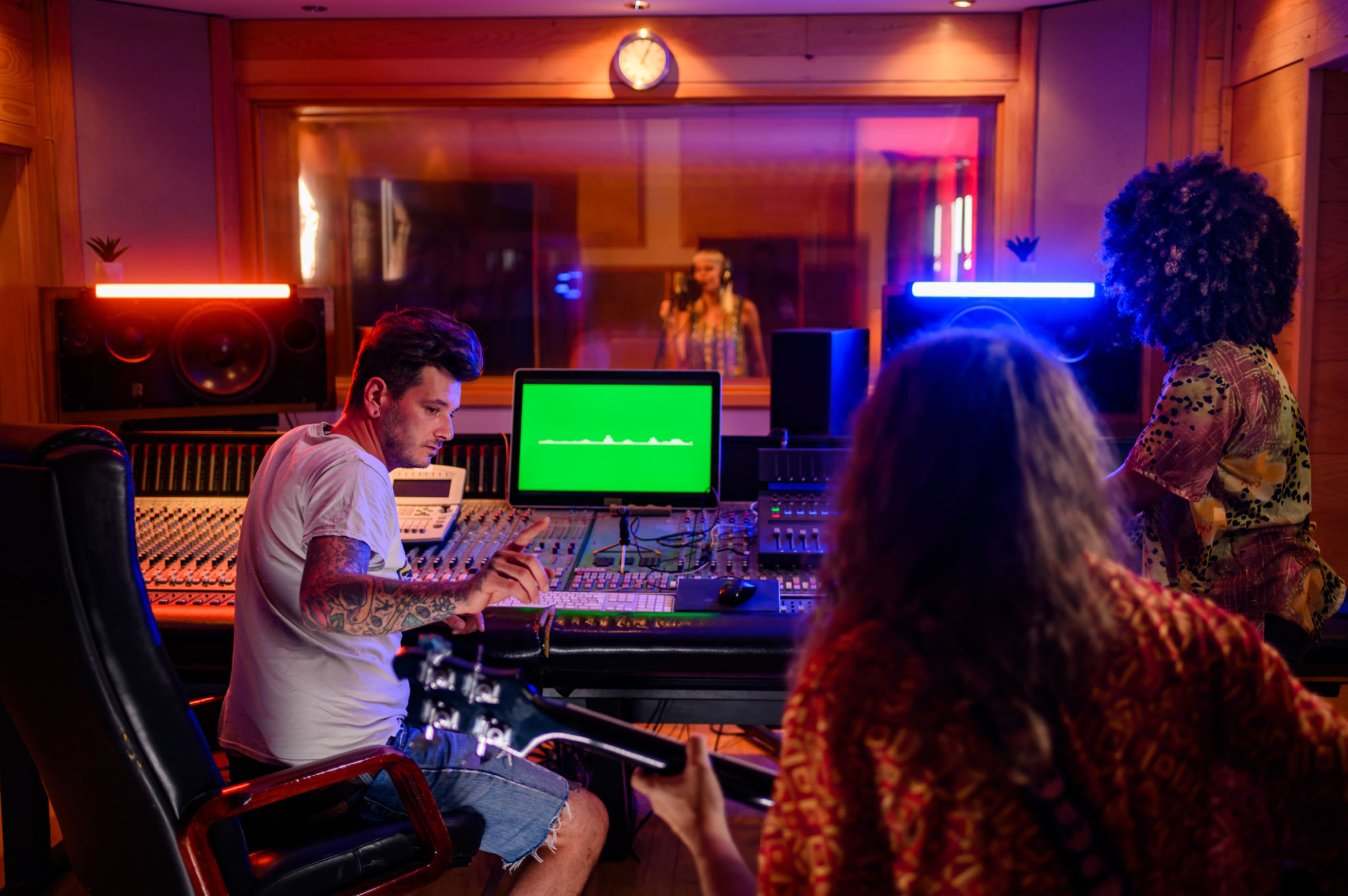Common Misconceptions About Sound Engineering in Lisbon Debunked
PP
Understanding the Role of a Sound Engineer
When it comes to sound engineering, many people have a limited understanding of what the role actually entails. A common misconception is that sound engineers are simply responsible for adjusting volume levels. However, their responsibilities extend far beyond this simplistic view. Sound engineers are the architects of audio experiences, ensuring that every element of sound is balanced, clear, and harmoniously integrated into the final product.

Sound Engineering is Not Just About Music
Another widespread myth is that sound engineering is exclusively related to music production. While it's true that music is a significant part of the industry, sound engineers also work in various other fields. This includes film, television, live events, theater productions, and even gaming. Their expertise is essential in any industry where high-quality audio is a priority.
Technical Skills vs. Artistic Sensibility
Many assume that sound engineering is purely technical. While technical skills are indeed crucial, an often overlooked aspect is the artistic sensibility required. Sound engineers need a keen ear for detail and a creative mindset to craft audio experiences that resonate with audiences. The blend of technical prowess and artistic intuition is what sets proficient sound engineers apart.

The Importance of Acoustics
Acoustics play a vital role in sound engineering, yet they are frequently underestimated by those outside the industry. The misconception is that any space can be used for high-quality recording or mixing without adjustments. In reality, sound engineers need to consider room acoustics carefully and often employ acoustic treatment to enhance sound quality. This involves managing echoes, reverb, and other acoustic properties that can affect recordings.
The Myth of "Fixing It in the Mix"
A popular but misleading phrase in sound engineering is "fix it in the mix." This suggests that any recording flaws can be corrected during the mixing stage. While post-production offers tools to refine audio, relying solely on mixing to correct errors is not advisable. Capturing high-quality sound from the beginning is essential for achieving the best results, highlighting the importance of skilled sound engineering during initial recording stages.

The Value of Professional Training
Some people believe that anyone can become a sound engineer without formal education or training. While passion and self-learning are valuable, professional training provides essential knowledge and skills that are difficult to acquire independently. Many successful sound engineers have pursued specialized courses and certifications to hone their craft and stay updated with industry advancements.
The Lisbon Sound Engineering Scene
Lisbon has emerged as a vibrant hub for sound engineering, attracting talented professionals from around the world. The city's rich cultural heritage and dynamic arts scene provide ample opportunities for sound engineers to collaborate on diverse projects. As the industry grows, so does the need for debunking misconceptions about the profession, ensuring that aspiring sound engineers have a clear understanding of what it takes to succeed.
By addressing these common misconceptions, we can better appreciate the complexity and artistry involved in sound engineering. Whether in Lisbon or elsewhere, recognizing the true nature of this field enables us to support and celebrate the talented individuals who bring our audio experiences to life.